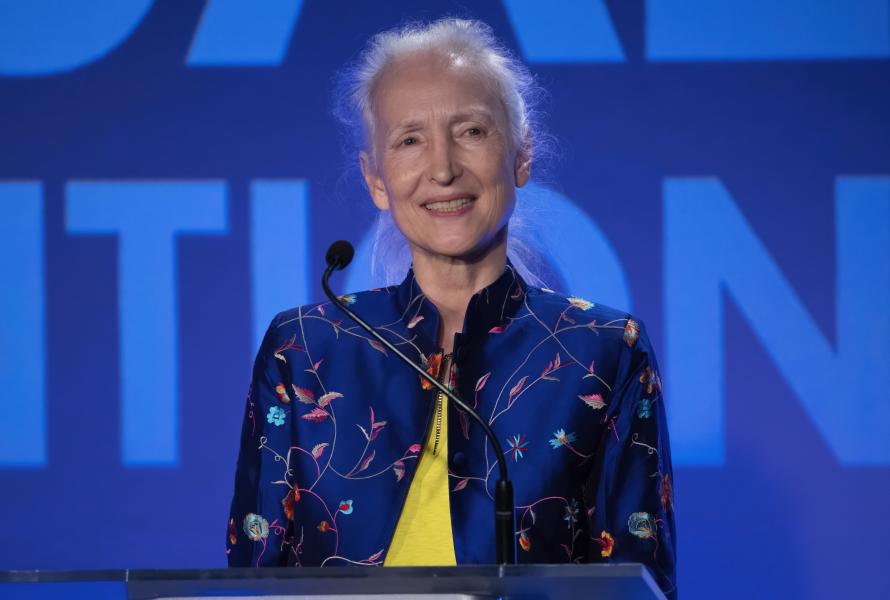
The IoD Guernsey 2021 Convention explored whether the island can make a big impact on the global issue of sustainability. Our speakers analysed this in the context of Simon Anholt’s Nation Brand model.
The Nation Brand Index ranks a jurisdiction’s attractiveness and success based on six key areas: people, tourism, exports, governance, investment and heritage.
Fiona Bateson, Director of the Guernsey Community Foundation and Chair of the Biodiversity Partnership Group was joined by John Ogier, a leading intellectual property & intellectual capital expert. Together they discussed the global biodiversity decline and the importance of natural capital.
John referenced the Dasgupta Review, which has brought economics and ecology together to value natural capital and biodiversity alongside one another.

The key takeaways and discussion points from John and Fiona include:
- Nature is an asset, like produced capital (roads, building and factories), and human capital (health, knowledge and skills) are assets, but nature is not valued as like these. Why is this? Amazon the company is worth $1.3 trillion but the Amazon rainforest is worth nothing until you cut down and sell timber, turning the land over to beef or soya production.
- The third greatest risk to the global economy is biodiversity loss, the economic cost of biodiversity loss is 7.5% of GDP, and 50% of global GDP is dependent on nature.
- The prosperity of current and future generations is endangered whilst we still have this unsustainable engagement with the natural world.
- The solution starts with understanding a simple truth: our economy is embedded in nature, it’s not external to it.
- We need to change how we think, act and measure success:
- By ensuring that our demands on nature do not exceed its supply and that we increase nature’s supply relatively to our current level.
- To change our measures of economic success to guide us to a more sustainable path.
- To transform our institutions and systems, particularly finance and education, to become sustainable for future generations.
- Guernsey can have a big impact on this global issue by demonstrating how we value and develop our natural capital into natural intellectual capital, redefining our Nation Brand.
- Sadly, biodiversity decline is happening in Guernsey. In the past 20 years, species-rich grassland has declined by 79% and natural habitats have declined by 63%. These are worrying numbers over a short period of time.
- Much of Guernsey’s biodiversity response has come from the third sector. The goals of a nature strategy are simply to connect with nature, care for nature and foster our knowledge of nature. Yet for this strategy to be successfully implemented, we need an effective collaboration between the States of Guernsey, the third sector, the public, and businesses. This collaboration sits at the heart of the proposed Nature Commission.
- The energy efficiency drive and use of renewable energy has thrown up numerous opportunities in recent years, including new housing construction methods, electric motors, wind and solar energy, and biomass fuel wave technology, to name but a few. The global market for renewable energy already stands at $900 billion, and is expected to at least double over the next 10 years.
- Biodiversity measurement and enhancement is likely to be the next wave, including consultancy, software, and business services. By supporting our own natural environment, it will also improve our national brand international standing, and our business opportunities.
Each of the segment leads asked the audience as individuals, business leaders and States of Guernsey members to make a change. Fiona asked the audience to:
‘Focus your CSR on nature projects, provide relevant funding, revisit your corporate values, and innovate. Our island brand and future international standing depends on you grasping this challenge.’
We encourage business leaders to share their own sustainable objectives on social media and include the #My3IoD to engage with other likeminded individuals.
